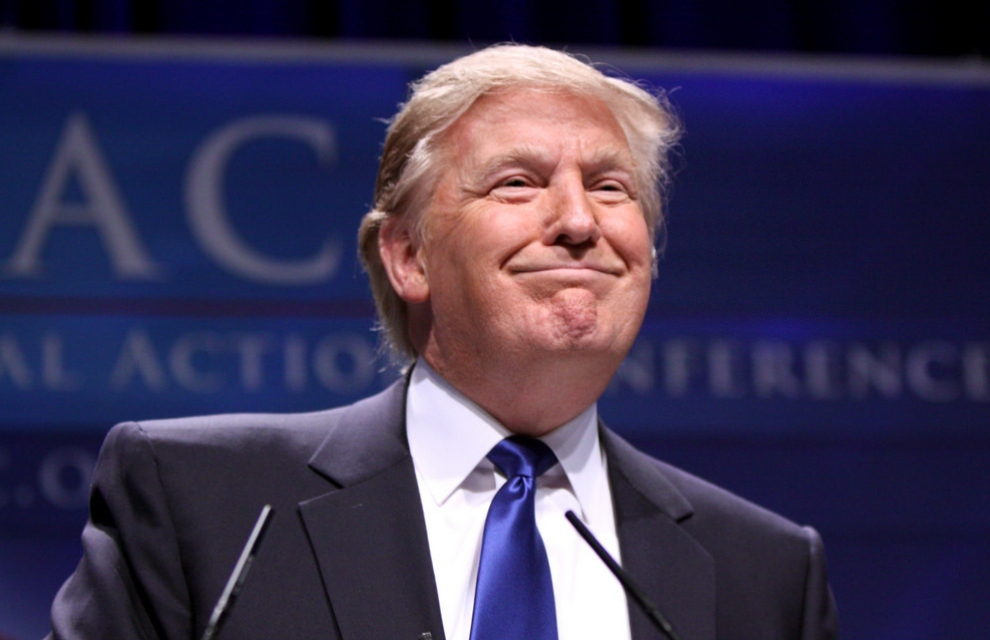BBH: the impact of US-China trade wars on securities lending
26 October 2018 New York
 Image: Shutterstock
Image: Shutterstock
The US tariffs target high-end technology products made in China, which could have a long-term impact on securities lending, according to a recent blog published by Brown Brothers Harriman (BBH).
The blog, which reviews the potential impacts of the US-China trade wars on securities lending, said US tariffs could mean that companies such as Apple and Lenovo that operate significant Chinese production bases, face higher costs or supply-chain disruption.
Tesla is one company at risk, BBH stated, as it relies on American-made vehicles for all its Chinese sales.
BBH said other US car makers such as General Motors and Ford also manufacture in China.
Securities lending demand has been strong for issuers of Chinese American depositary receipts/shares such as Cango, Aurora Mobile and Pinduoduo.
The biggest European impact from a securities lending perspective is from the mining and exploration companies, said BBH.
The 10 percent tariff on steel and 25 percent tariff on aluminum has had a substantial effect on the percentage of free float on loan.
BBH affirmed: “We have also seen demand driven from threats of Trump imposing tariffs on European cars. Germany is clearly most concerned with a possible 20 percent tariff to be imposed which has given a strong rise in percentage of free float on loan in Volkswagen and BMW.”
BBH went on to discuss that the current securities lending demand in Asia has been focused in Hong Kong, Japan and Taiwan.
It said: “We have seen over a 50 percent increase to the percentage of free float on loan in a wide range of Chinese and Japanese manufacturing companies such as AAC Technologies, Weichai Power, Fuyao Glass, Shenzhou International, Mitsubishi Chemical, Honda Motor Co and food and beverage company, Suntory.”
“Like the US market, all these stocks are very liquid in the Asian securities lending market so have remained trading at low fees. We have seen that most stocks with an increase in percentage of free float have remained at low fees due to high liquidity in the lending pool.”
BBH concluded: “In the short run, as the equity markets seems to have shrugged off the tariffs, there is likely to be limited impact for securities lending.”
“In the longer term, as the tariffs start to affect company financials, essentially through higher cost of production, we would expect short demand to return and with greater conviction.”
The blog, which reviews the potential impacts of the US-China trade wars on securities lending, said US tariffs could mean that companies such as Apple and Lenovo that operate significant Chinese production bases, face higher costs or supply-chain disruption.
Tesla is one company at risk, BBH stated, as it relies on American-made vehicles for all its Chinese sales.
BBH said other US car makers such as General Motors and Ford also manufacture in China.
Securities lending demand has been strong for issuers of Chinese American depositary receipts/shares such as Cango, Aurora Mobile and Pinduoduo.
The biggest European impact from a securities lending perspective is from the mining and exploration companies, said BBH.
The 10 percent tariff on steel and 25 percent tariff on aluminum has had a substantial effect on the percentage of free float on loan.
BBH affirmed: “We have also seen demand driven from threats of Trump imposing tariffs on European cars. Germany is clearly most concerned with a possible 20 percent tariff to be imposed which has given a strong rise in percentage of free float on loan in Volkswagen and BMW.”
BBH went on to discuss that the current securities lending demand in Asia has been focused in Hong Kong, Japan and Taiwan.
It said: “We have seen over a 50 percent increase to the percentage of free float on loan in a wide range of Chinese and Japanese manufacturing companies such as AAC Technologies, Weichai Power, Fuyao Glass, Shenzhou International, Mitsubishi Chemical, Honda Motor Co and food and beverage company, Suntory.”
“Like the US market, all these stocks are very liquid in the Asian securities lending market so have remained trading at low fees. We have seen that most stocks with an increase in percentage of free float have remained at low fees due to high liquidity in the lending pool.”
BBH concluded: “In the short run, as the equity markets seems to have shrugged off the tariffs, there is likely to be limited impact for securities lending.”
“In the longer term, as the tariffs start to affect company financials, essentially through higher cost of production, we would expect short demand to return and with greater conviction.”
← Previous industry article
SSE promotes guidelines for services of bond collateral disposal platform
SSE promotes guidelines for services of bond collateral disposal platform
NO FEE, NO RISK
100% ON RETURNS If you invest in only one securities finance news source this year, make sure it is your free subscription to Securities Finance Times
100% ON RETURNS If you invest in only one securities finance news source this year, make sure it is your free subscription to Securities Finance Times



